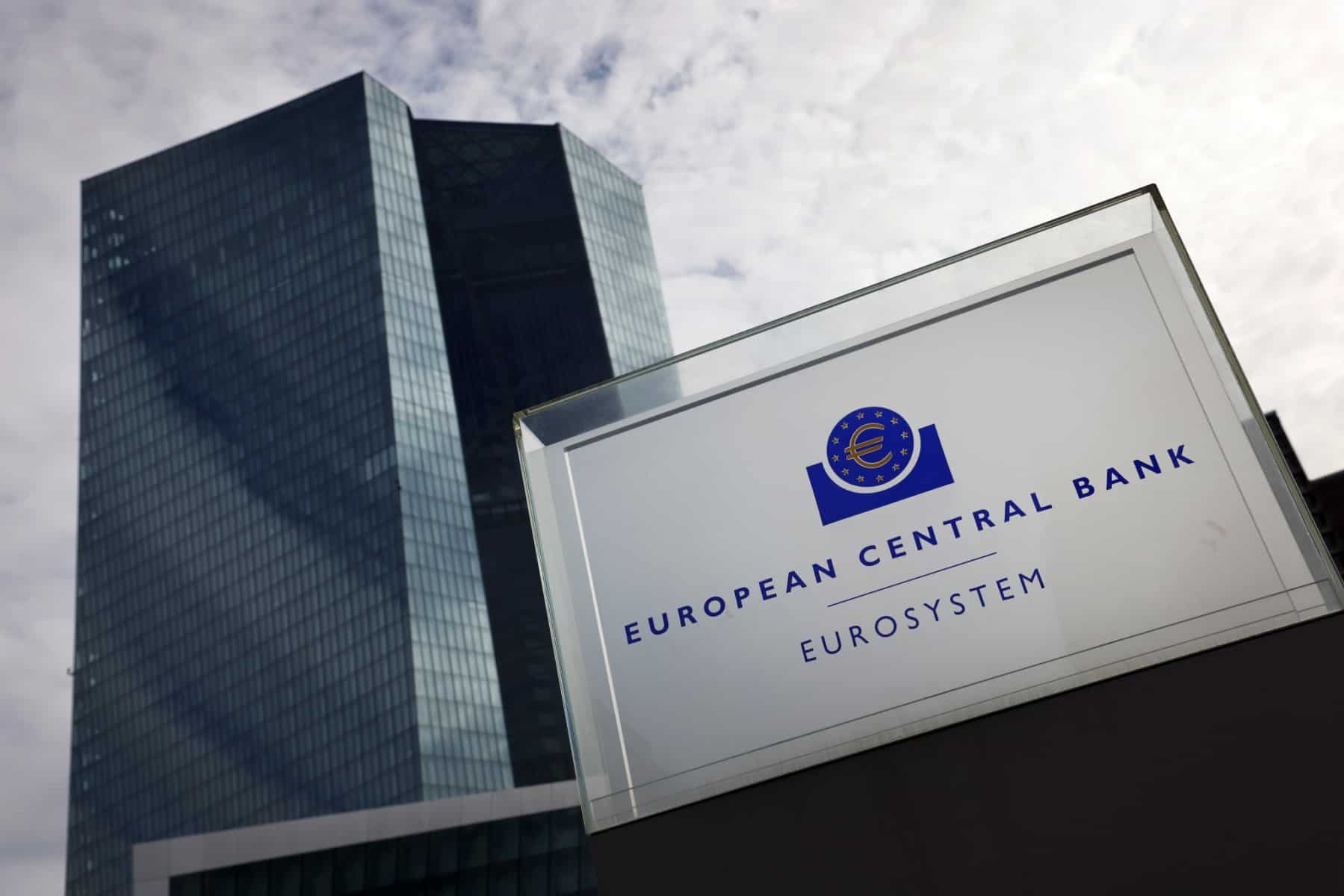FRANKFURT, GERMANY – More eurozone interest rate increases will be appropriate to tame high inflation if conditions remain as expected, the European Central Bank’s chief economist said Wednesday.
The ECB has hiked rates by 3.5 percentage points since July last year in an unprecedented campaign of monetary tightening to bring soaring consumer prices under control.
The central bank holds its next meeting on May 4 and, with inflation in the 20-nation currency club slowing, all eyes are on whether policymakers will implement another hike, and by how much.
Chief economist Philip Lane said that “it will be appropriate to raise rates further” if the “baseline scenario” underlying the ECB’s most recent forecasts in March holds.
Markets and surveys by the central bank also expect that borrowing costs “will rise further in the near term and will remain at elevated levels for an extended period,” said Lane, according to a speech posted on the ECB website.
Eurozone inflation skyrocketed after Russia invaded Ukraine in February last year, and cut off key gas supplies to Europe.
In March, consumer prices in the eurozone rose by 6.9 percent on an annual basis, down from 8.5 percent in February.
But that is still far above the ECB’s two-percent target, and policymakers have voiced concerns that core inflation – excluding volatile energy and food costs – remains stubbornly high.
At its last meeting in March, the ECB lifted rates half a percentage point, as expected, despite calls to slow or pause tightening in response to turmoil in the banking sector.
The collapse of three US regional lenders and the takeover of Credit Suisse by Swiss rival UBS sparked turbulence on markets, but fears of a wider financial crisis have since eased.








